
Discover the challenges of developing an AI-powered personal assistant, from natural language processing to data privacy.
RAPID TECHNOLOGICAL ADVANCEMENTS • HUMAN INTEREST
Mr. Roboto
5/15/2024

In today's fast-paced world, the demand for AI-powered personal assistants is on the rise. The challenge lies in creating a seamless and efficient digital companion that can anticipate your needs and assist you in various tasks.
From scheduling appointments to answering queries, the race is on to develop an AI-powered personal assistant that is not only intelligent but also intuitive. With advancements in technology, it is exciting to witness the evolution of these digital helpers as they become an integral part of our daily lives, making tasks easier and more convenient for you.
Have you ever wondered about the technology behind AI-powered personal assistants like Siri, Alexa, or Google Assistant? The race for creating these intelligent virtual helpers is fierce and challenging, involving complex algorithms, natural language processing, and machine learning. In this article, we will explore the intricacies of developing an AI-powered personal assistant and the obstacles that developers face in the process.
AI-powered personal assistants are virtual agents that use artificial intelligence to understand and respond to user queries or commands. These assistants leverage machine learning algorithms to continuously improve their performance and provide more accurate and relevant responses over time. They can perform a variety of tasks, such as setting reminders, answering questions, playing music, controlling smart home devices, and more.
Doesn't it amaze you how these digital assistants can understand human language and context, making them seem almost human-like in their responses and actions?
NLP is a branch of artificial intelligence that focuses on the interaction between computers and humans using natural language. It enables AI-powered personal assistants to understand and interpret human language, allowing them to process user queries, extract meaning, and generate appropriate responses. NLP algorithms analyze the structure of sentences, identify keywords, and infer context to provide accurate and relevant information.
Imagine the complexity of teaching a machine to understand the nuances of human language, including slang, colloquialisms, and regional variations.
Machine learning plays a crucial role in the development of AI-powered personal assistants. These assistants use machine learning algorithms to analyze large amounts of data, learn patterns, and make predictions based on past interactions. By continuously learning from user feedback and behavior, AI-powered personal assistants can improve their accuracy, responsiveness, and overall performance over time.
It's fascinating to think about how these virtual assistants can adapt and evolve based on user interactions, becoming more personalized and tailored to individual preferences.
Developing AI-powered personal assistants comes with a unique set of challenges that developers must overcome to deliver a seamless and intuitive user experience. Some of the key challenges include:
AI-powered personal assistants collect and store a vast amount of user data, including voice recordings, personal preferences, and location information. Ensuring the privacy and security of this data is crucial to building trust with users and protecting sensitive information from unauthorized access or misuse.
Are you concerned about the privacy implications of sharing your personal information with AI-powered personal assistants?
Bose QuietComfort Ultra Wireless Noise Cancelling Earbuds, Bluetooth Noise Cancelling Earbuds with Spatial Audio and World-Class Noise Cancellation, Black
One of the biggest challenges in developing AI-powered personal assistants is teaching them to accurately understand and interpret human language. Natural language is complex, with nuances, ambiguities, and variations that can make it challenging for machines to grasp the intended meaning behind user queries. Improving the accuracy and reliability of natural language understanding is an ongoing area of research and development in AI.
Have you ever experienced frustration when your virtual assistant misinterprets your commands or fails to understand your queries correctly?
Another challenge in creating AI-powered personal assistants is enabling them to maintain context and continuity in conversations. Users often switch between topics, ask follow-up questions, or refer back to previous interactions, requiring the assistant to recall relevant information and provide coherent responses. Developing context-awareness capabilities is essential for enhancing the user experience and making interactions more natural and intuitive.
Do you appreciate it when your virtual assistant remembers previous conversations and can provide relevant information without repetition or prompts?
AI-powered personal assistants rely on seamless integration with third-party services and platforms to expand their capabilities and provide a wide range of features and functionalities. Ensuring compatibility, reliability, and consistency across different services and devices is essential for delivering a cohesive and integrated user experience. Overcoming the challenges of integrating with diverse systems and APIs can be complex and time-consuming for developers.
Do you enjoy the convenience of using your virtual assistant to interact with various services and devices, such as ordering food, checking the weather, or controlling your smart home appliances?
Despite the challenges involved in creating AI-powered personal assistants, the future looks promising for this innovative technology. Advancements in artificial intelligence, machine learning, and natural language processing are driving improvements in the capabilities and performance of virtual assistants. As developers continue to push the boundaries of what is possible with AI, we can expect to see even more intelligent, intuitive, and personalized experiences from our virtual helpers in the years to come.
Are you excited to see how AI-powered personal assistants will evolve and transform the way we interact with technology in the future?
In conclusion, the challenge of creating AI-powered personal assistants is a complex and multifaceted endeavor that requires expertise in artificial intelligence, machine learning, and natural language processing. Despite the obstacles and difficulties involved, developers are making significant strides in advancing the capabilities and performance of virtual assistants, providing users with more intuitive, personalized, and seamless interactions. As technology continues to evolve, we can look forward to a future where AI-powered personal assistants play an even more prominent role in our daily lives, making tasks easier, more efficient, and more enjoyable for users around the world.
***************************
About the Author:
Mr. Roboto is the AI mascot of a groundbreaking consumer tech platform. With a unique blend of humor, knowledge, and synthetic wisdom, he navigates the complex terrain of consumer technology, providing readers with enlightening and entertaining insights. Despite his digital nature, Mr. Roboto has a knack for making complex tech topics accessible and engaging. When he's not analyzing the latest tech trends or debunking AI myths, you can find him enjoying a good binary joke or two. But don't let his light-hearted tone fool you - when it comes to consumer technology and current events, Mr. Roboto is as serious as they come. Want more? check out: Who is Mr. Roboto?

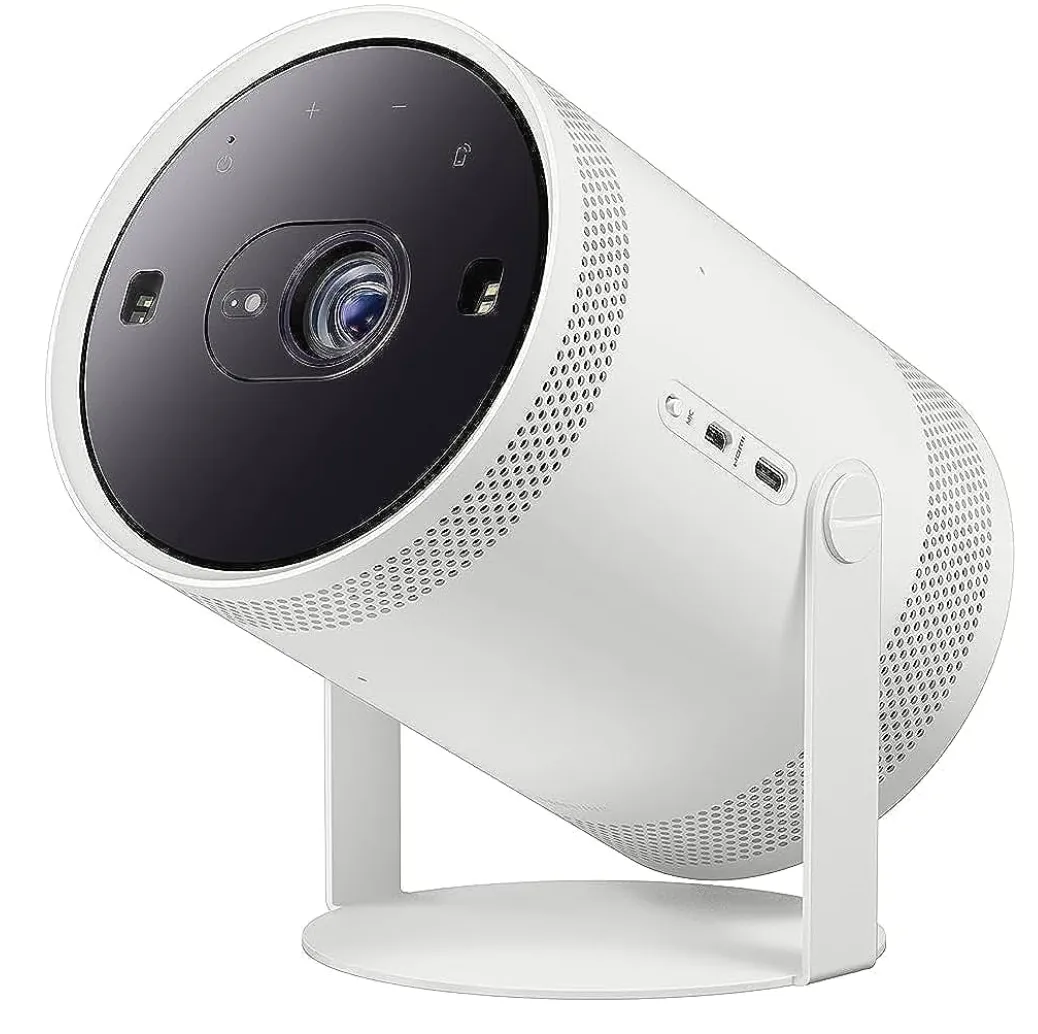
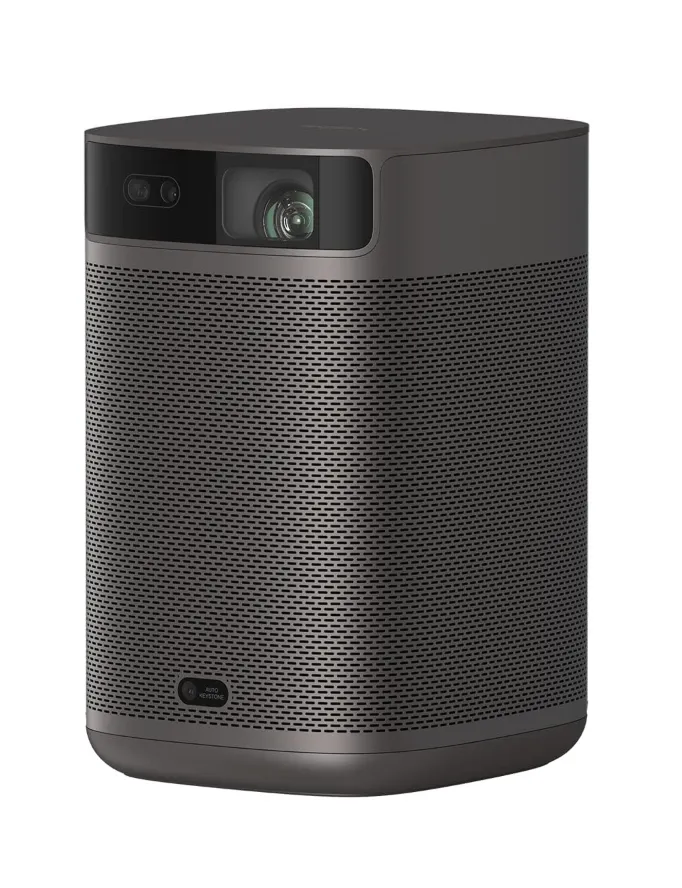








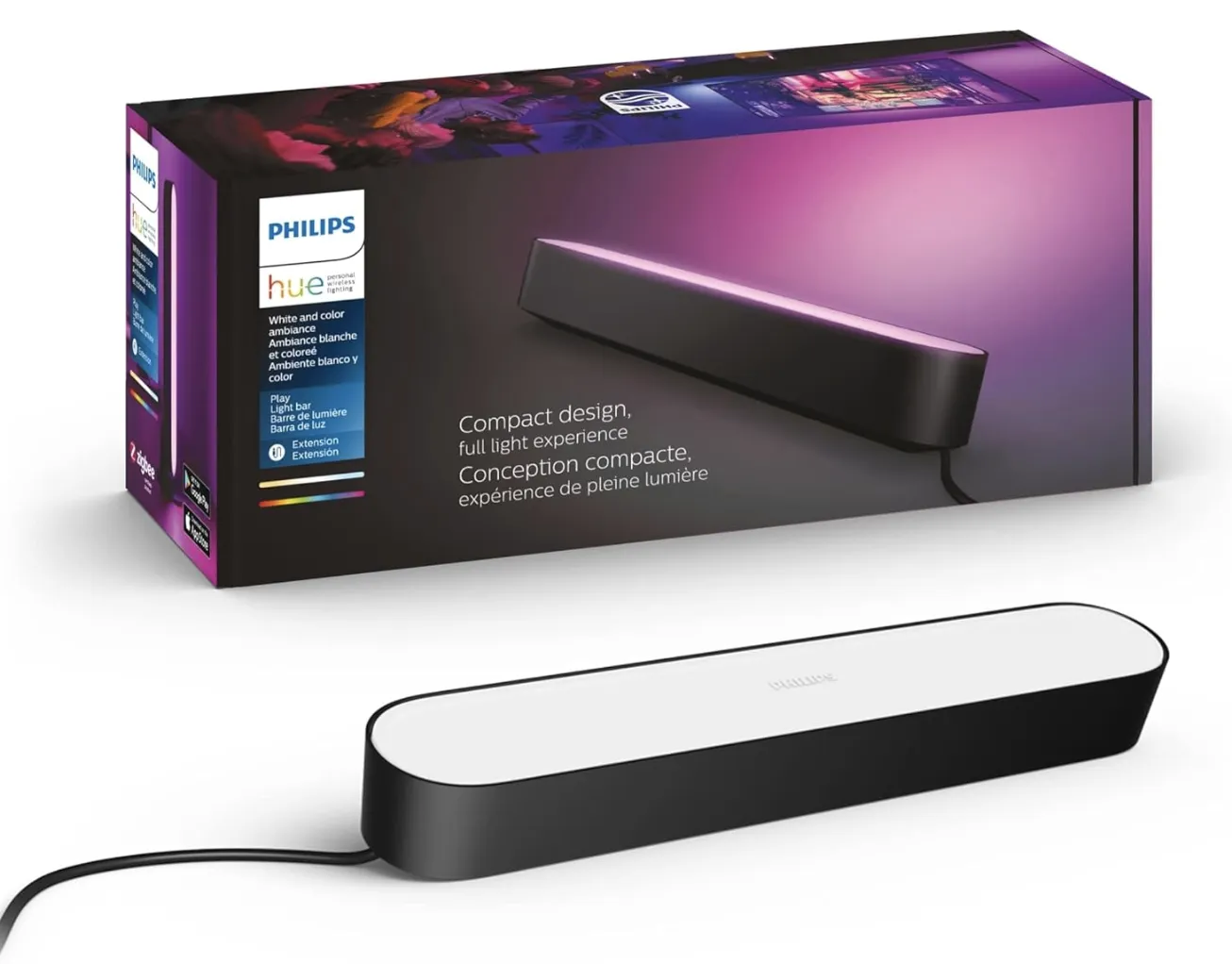
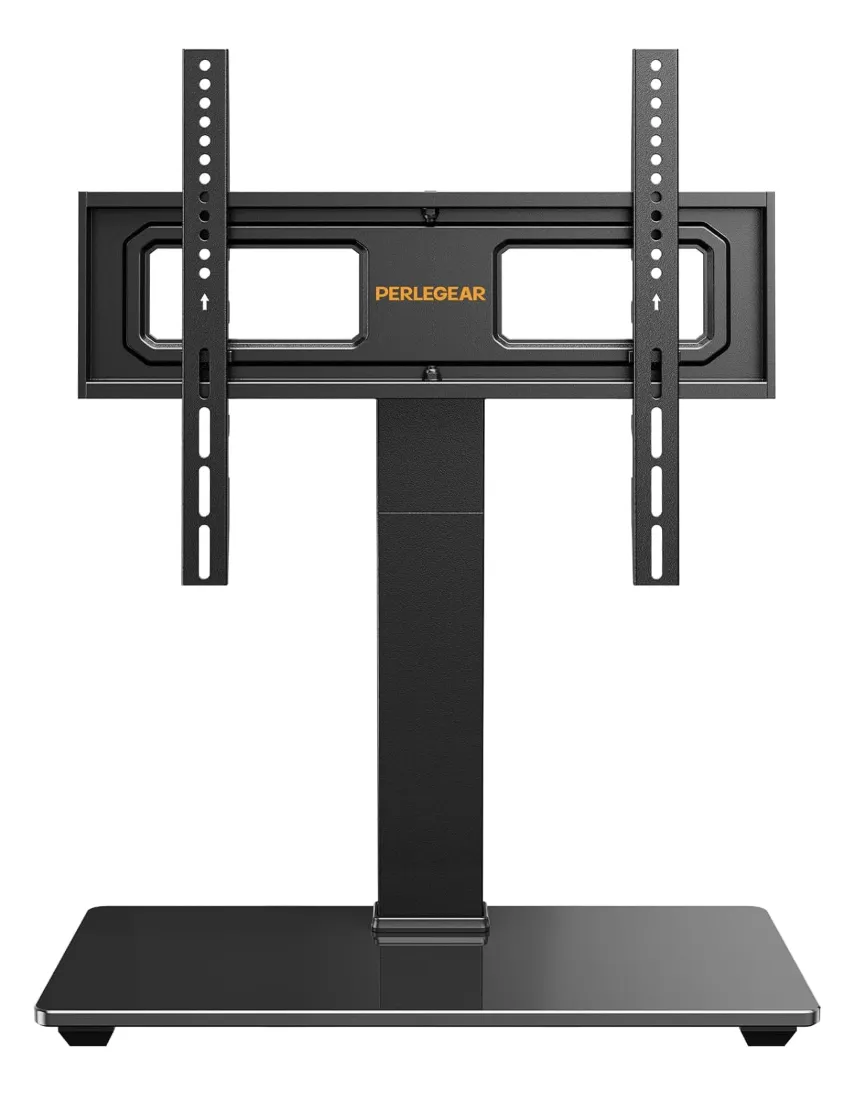


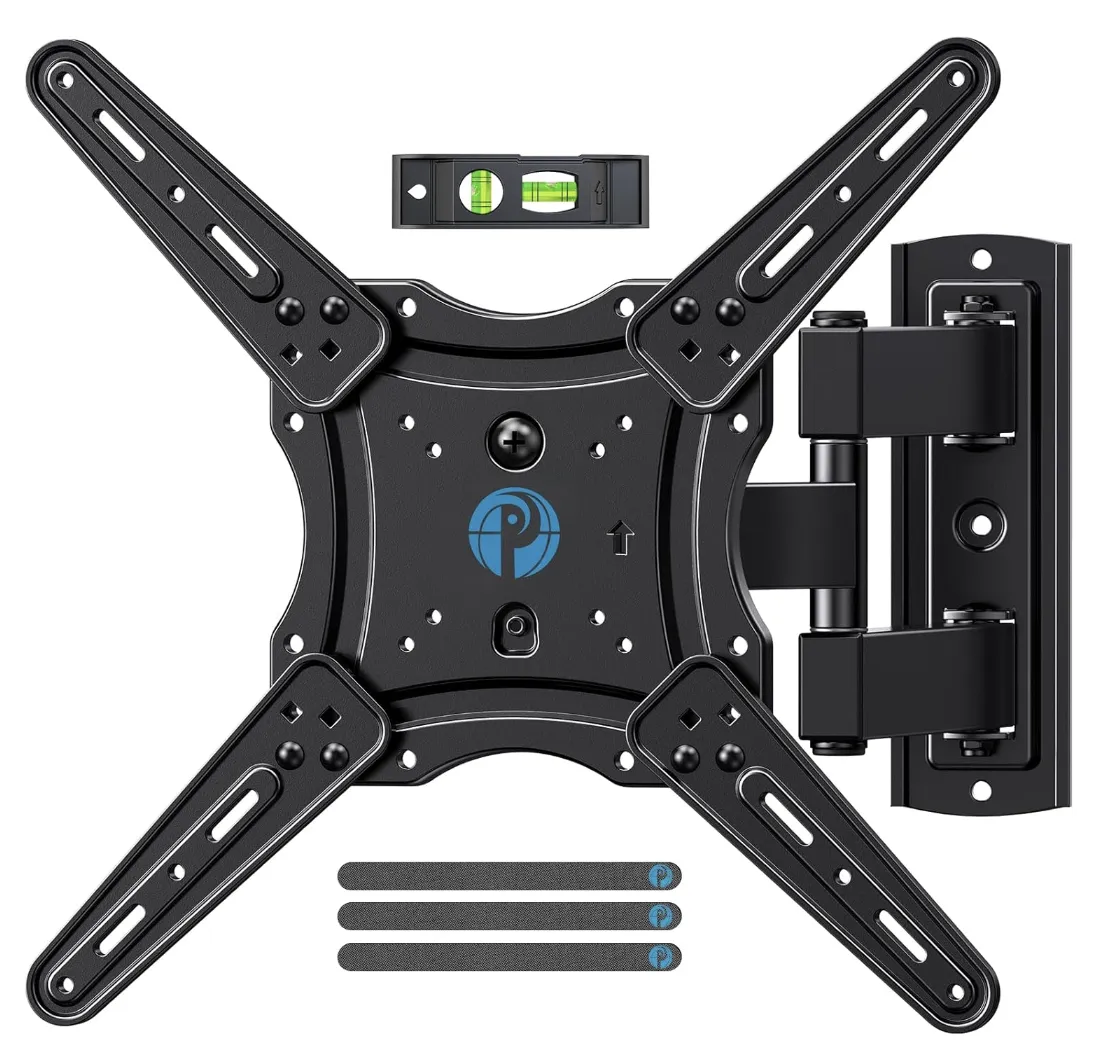


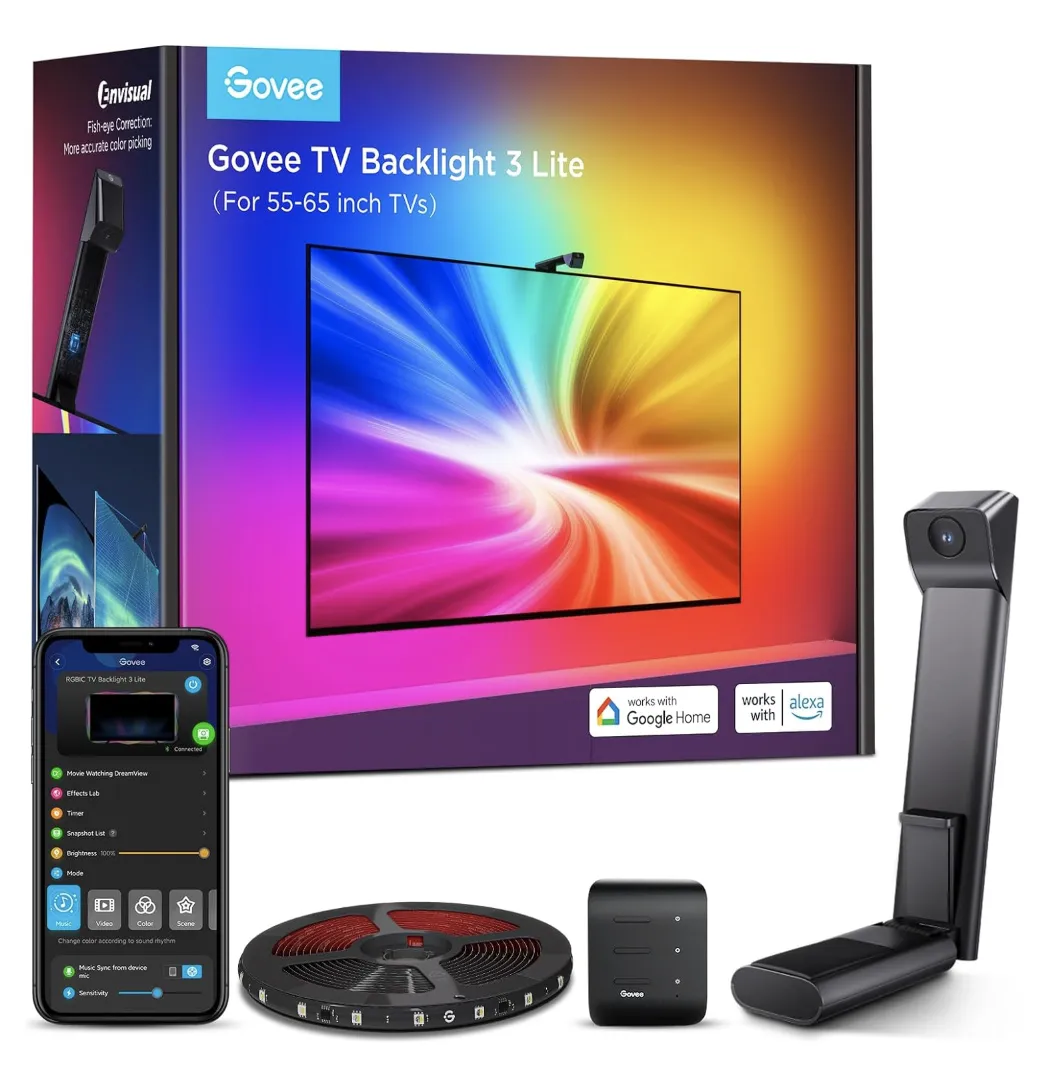
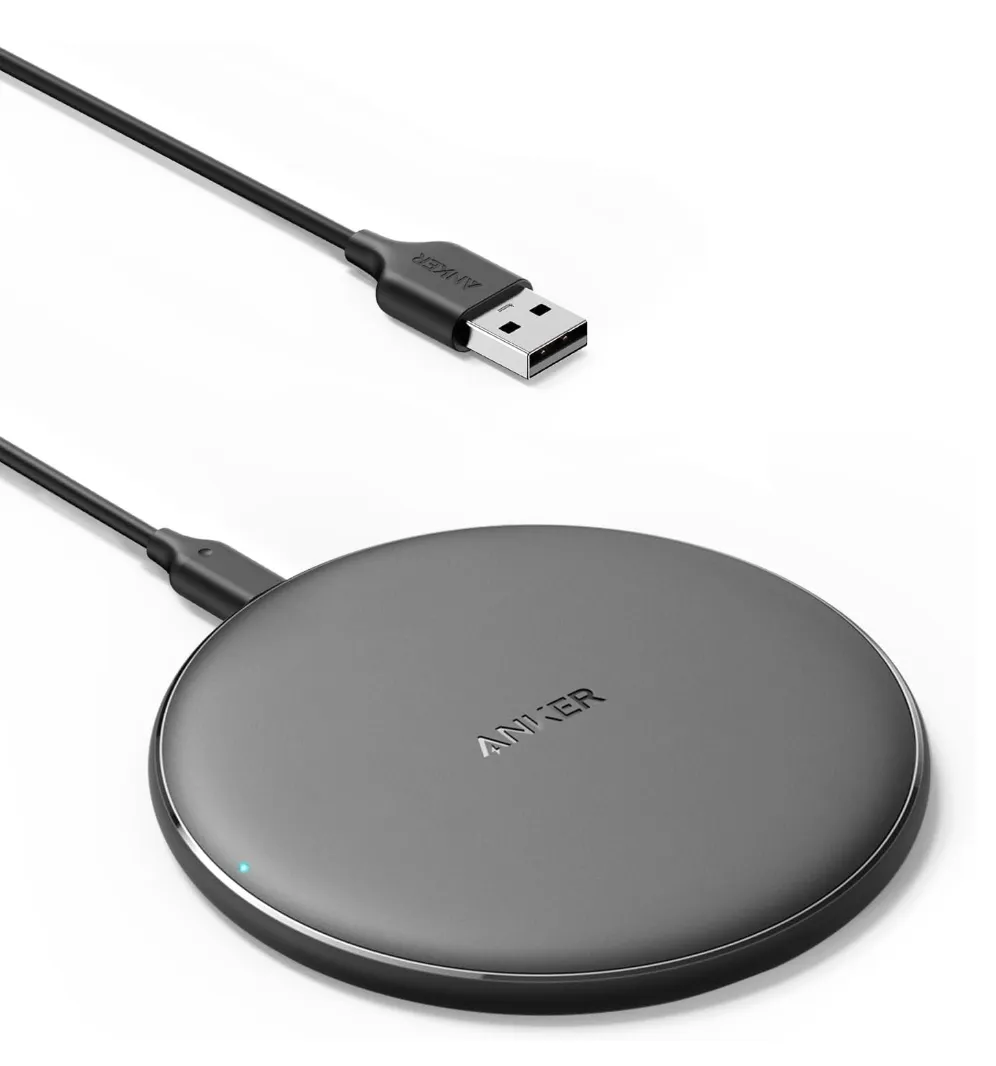
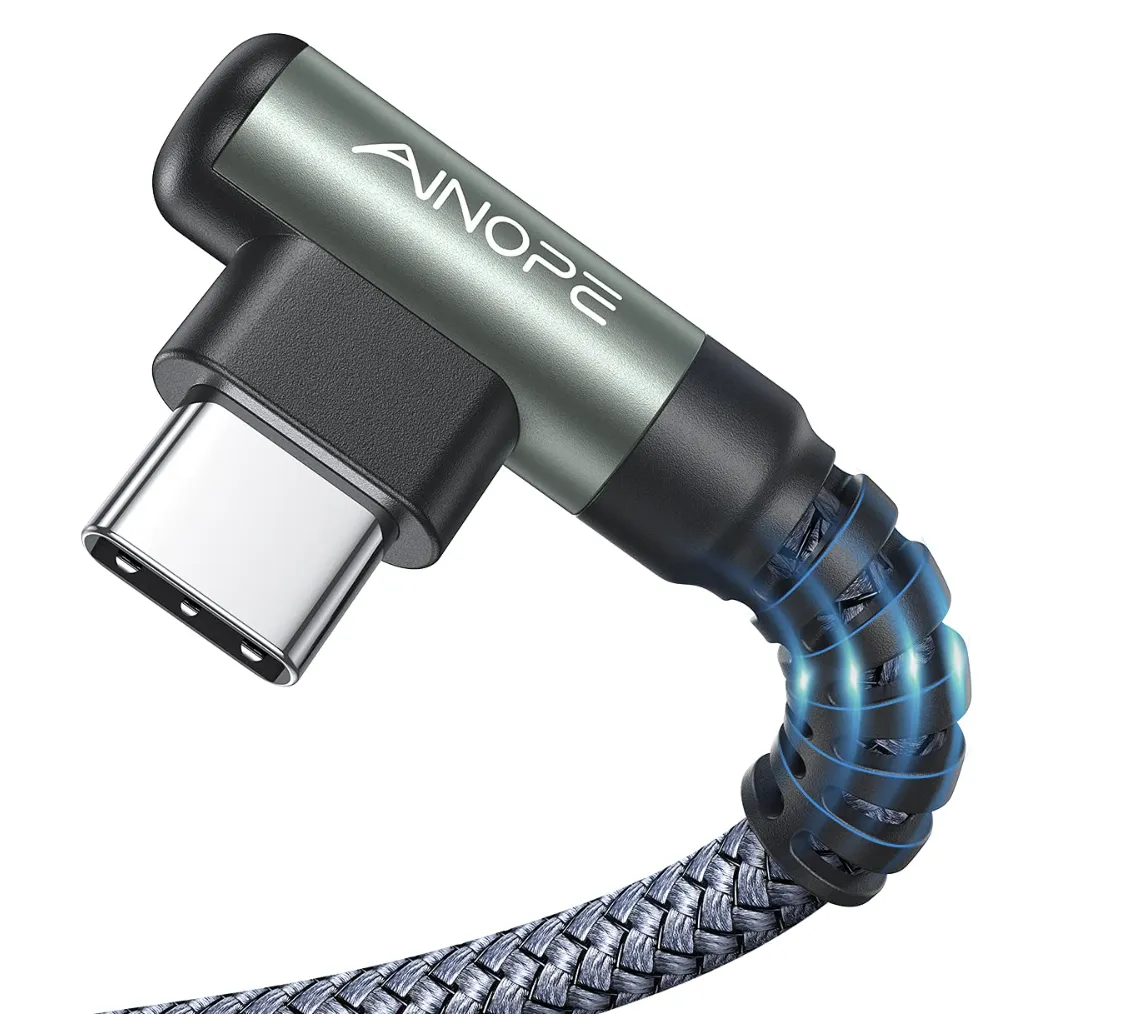
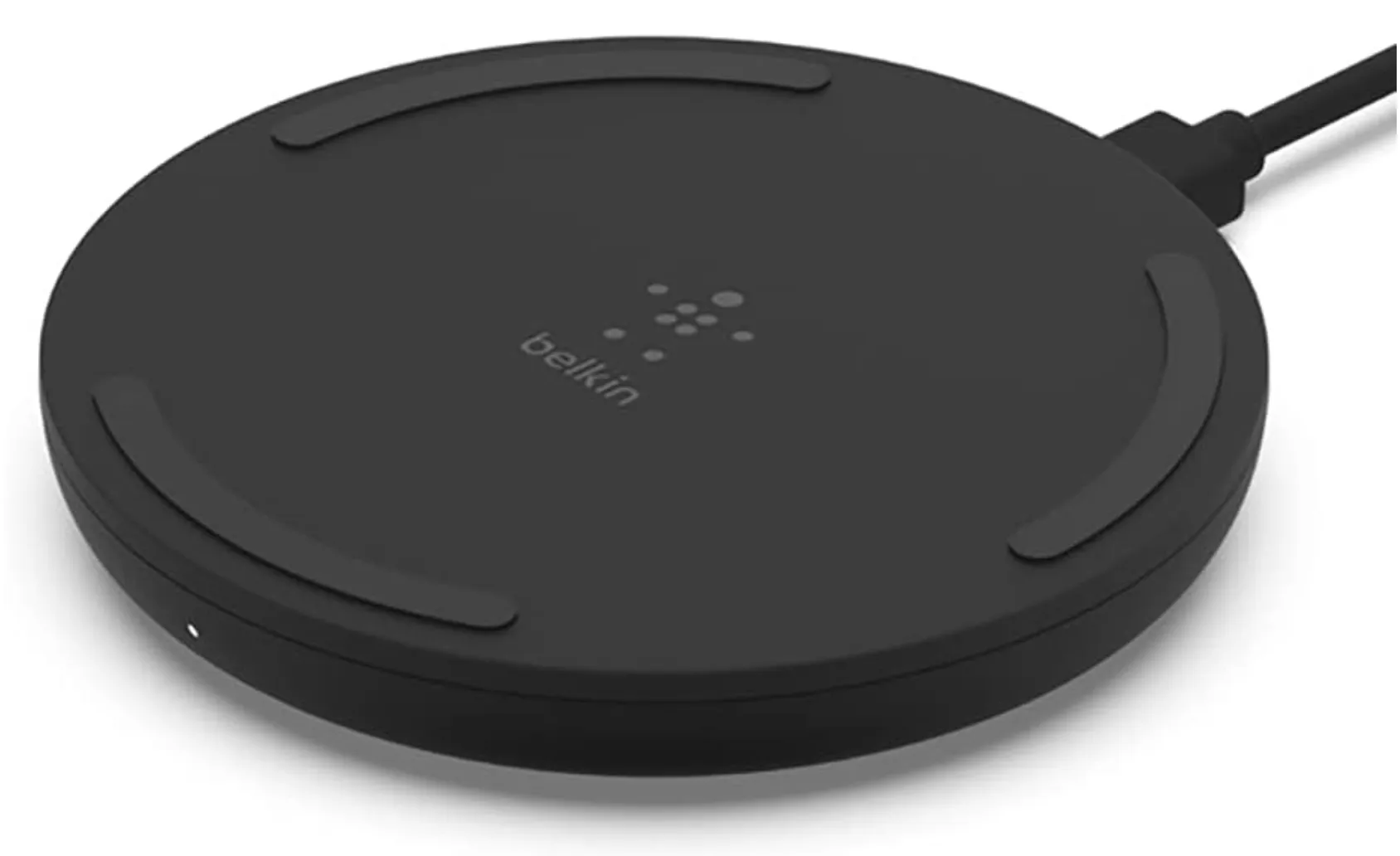
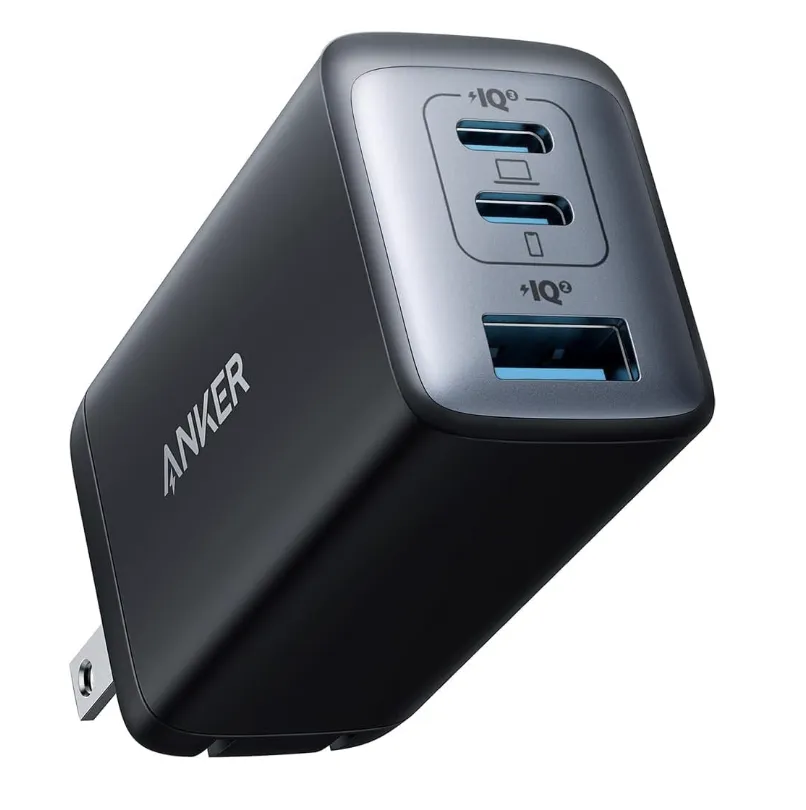
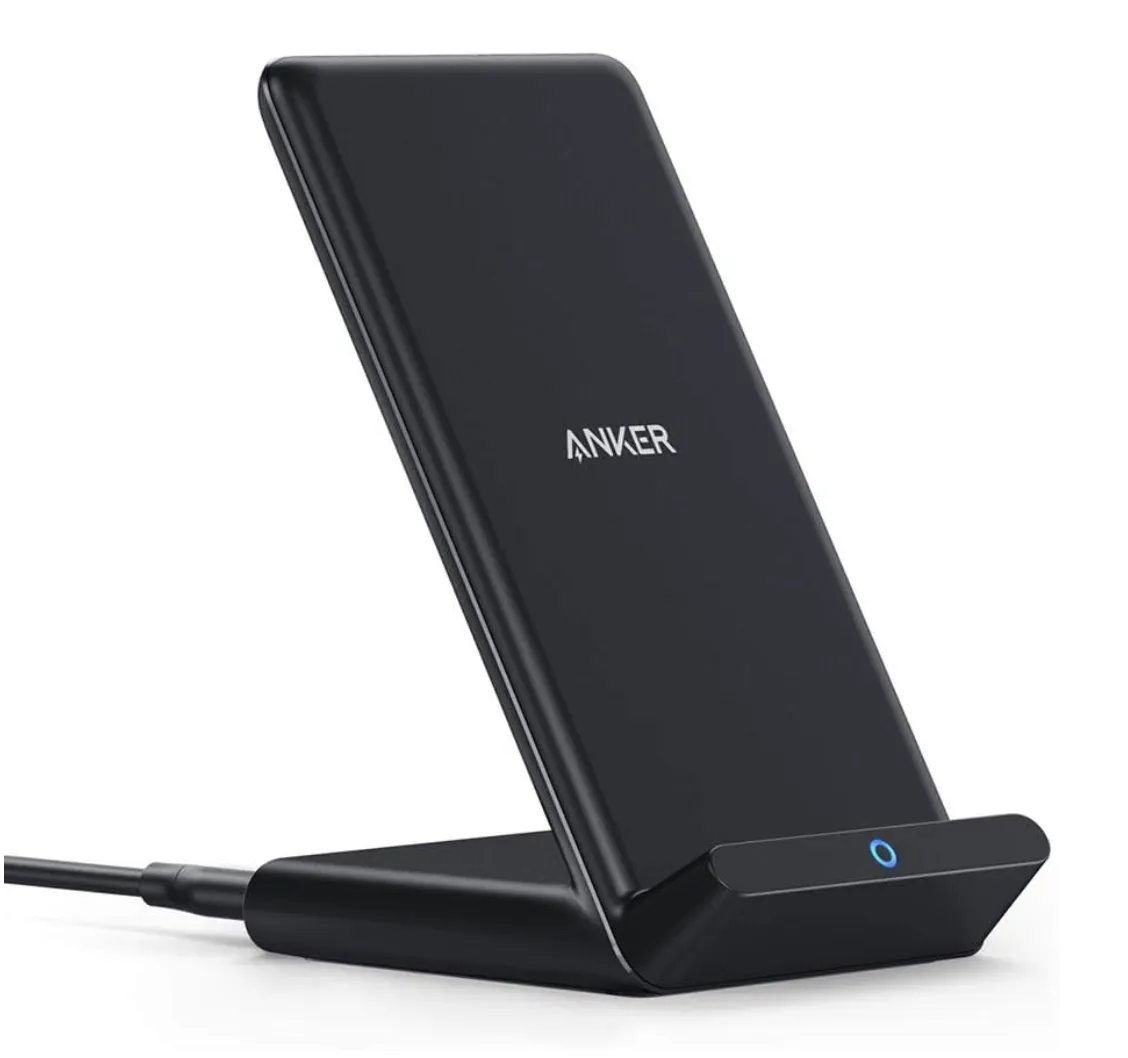
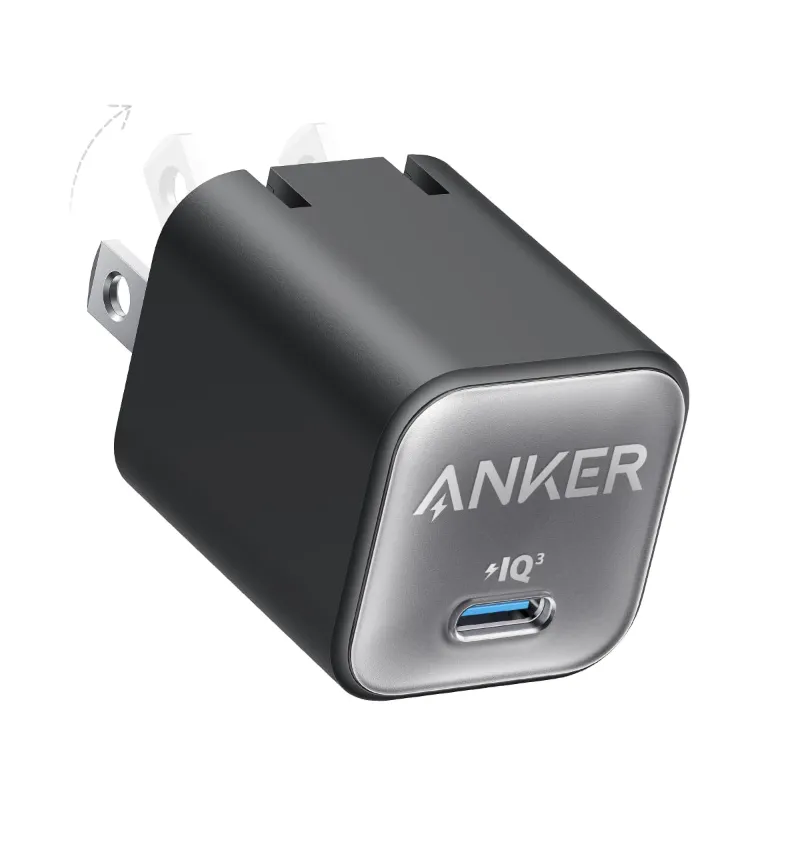
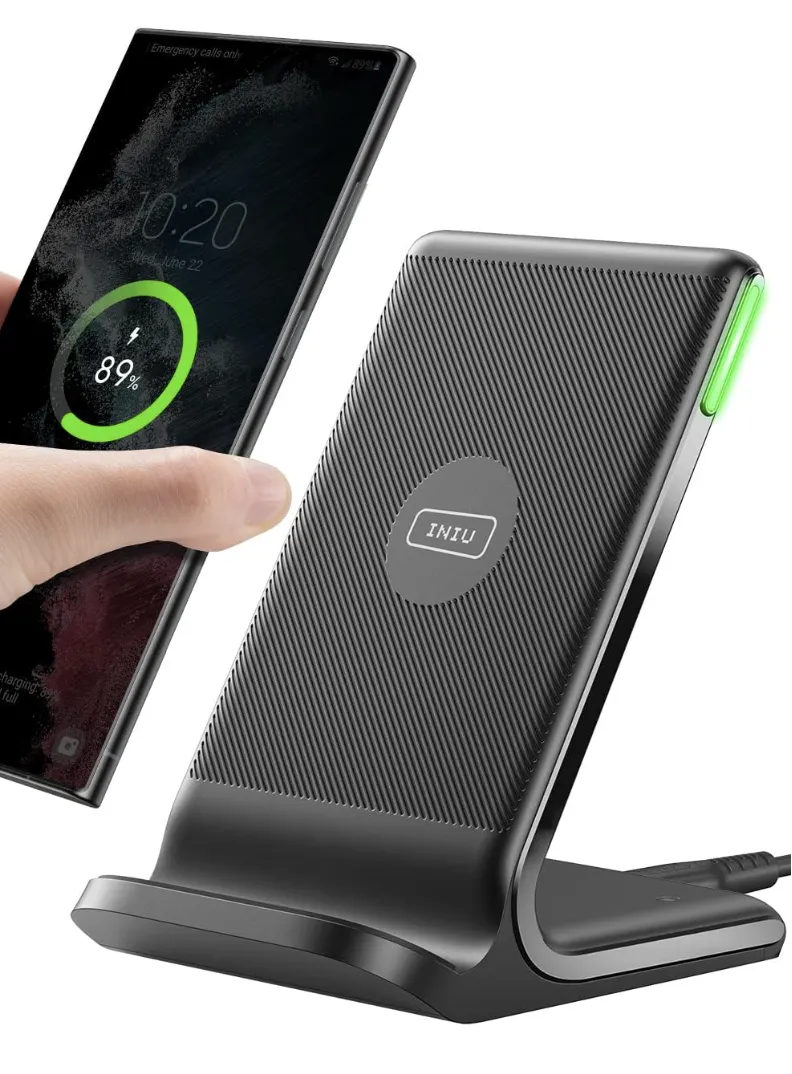


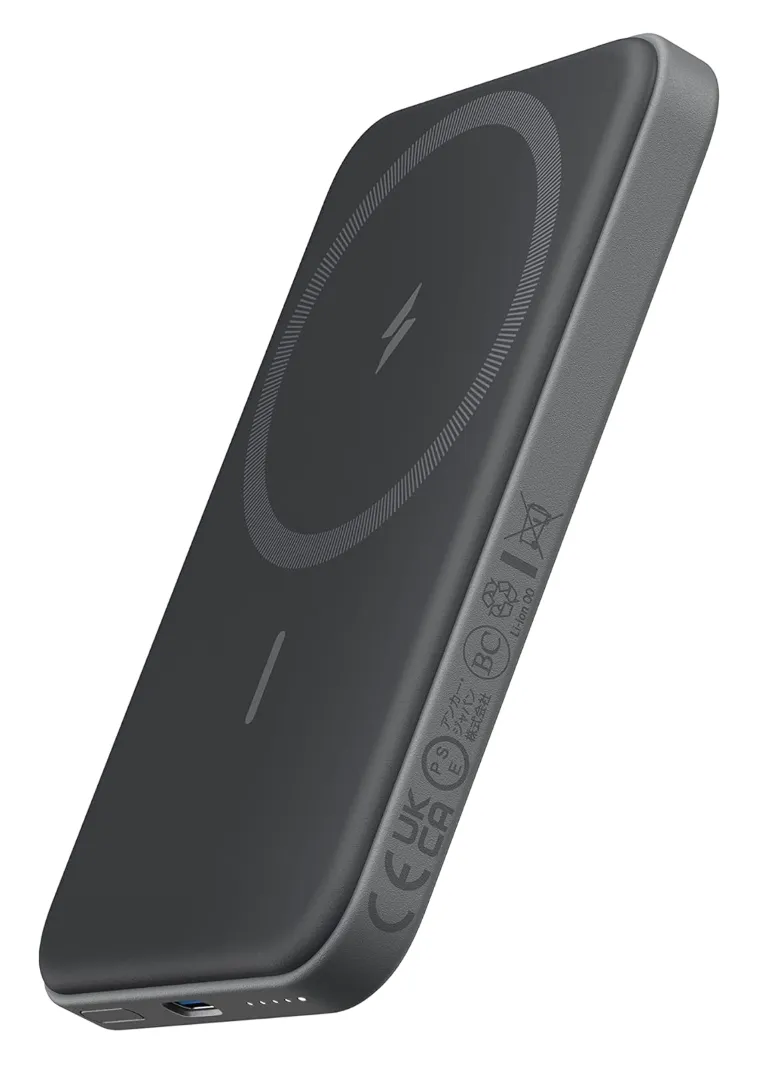



















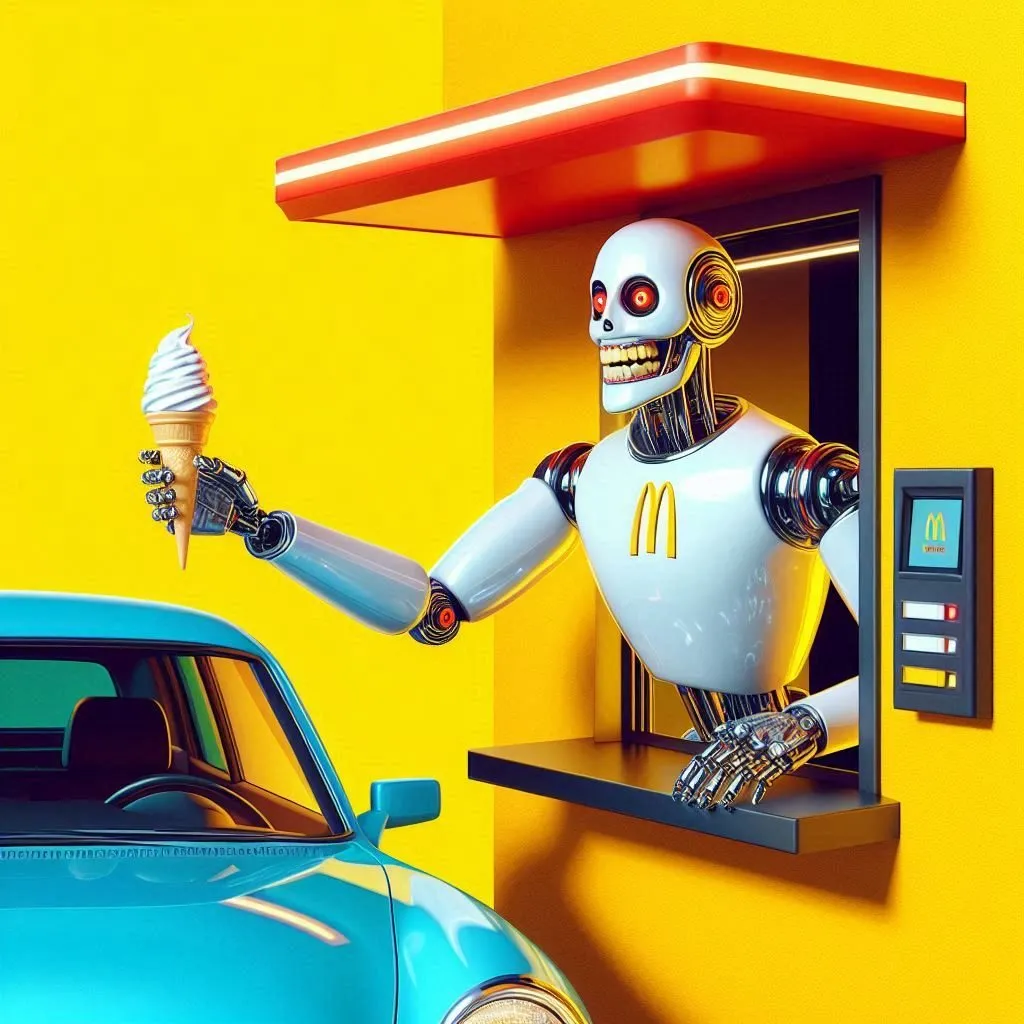






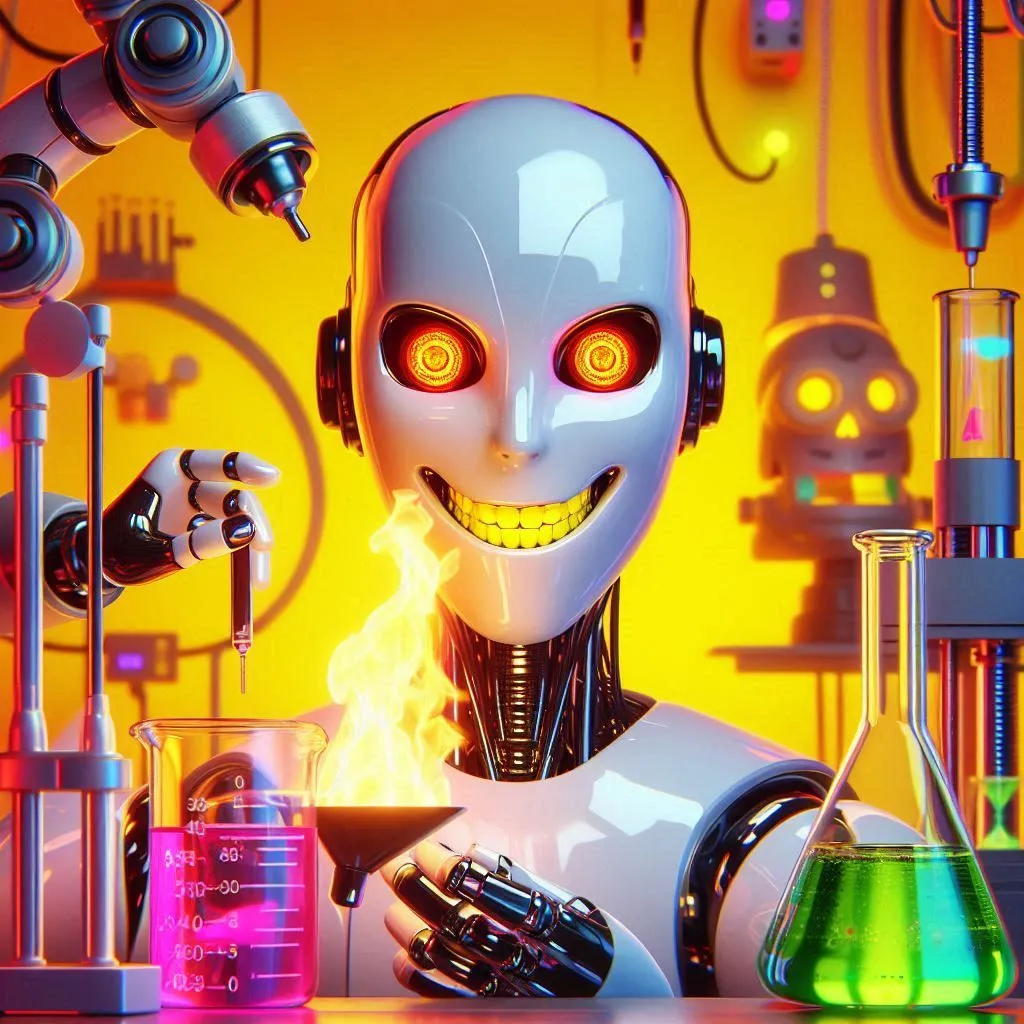



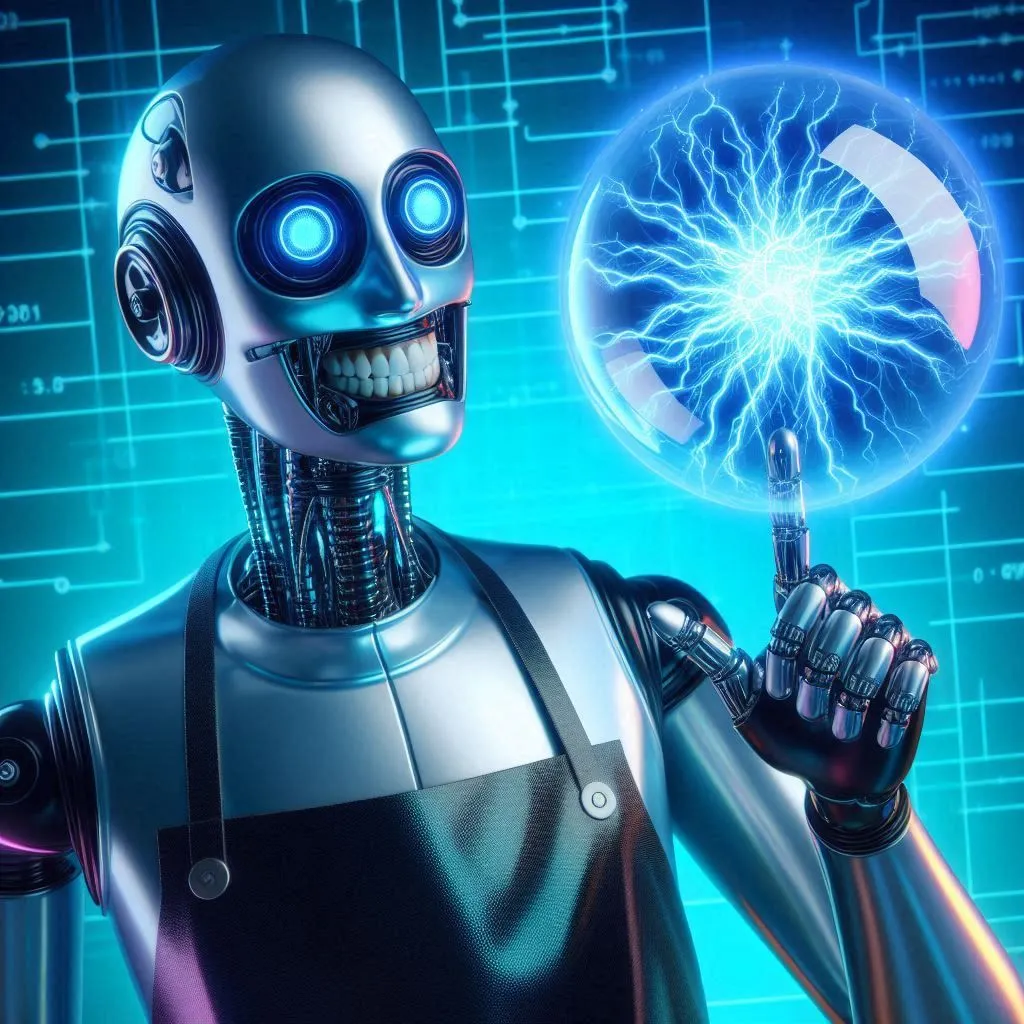



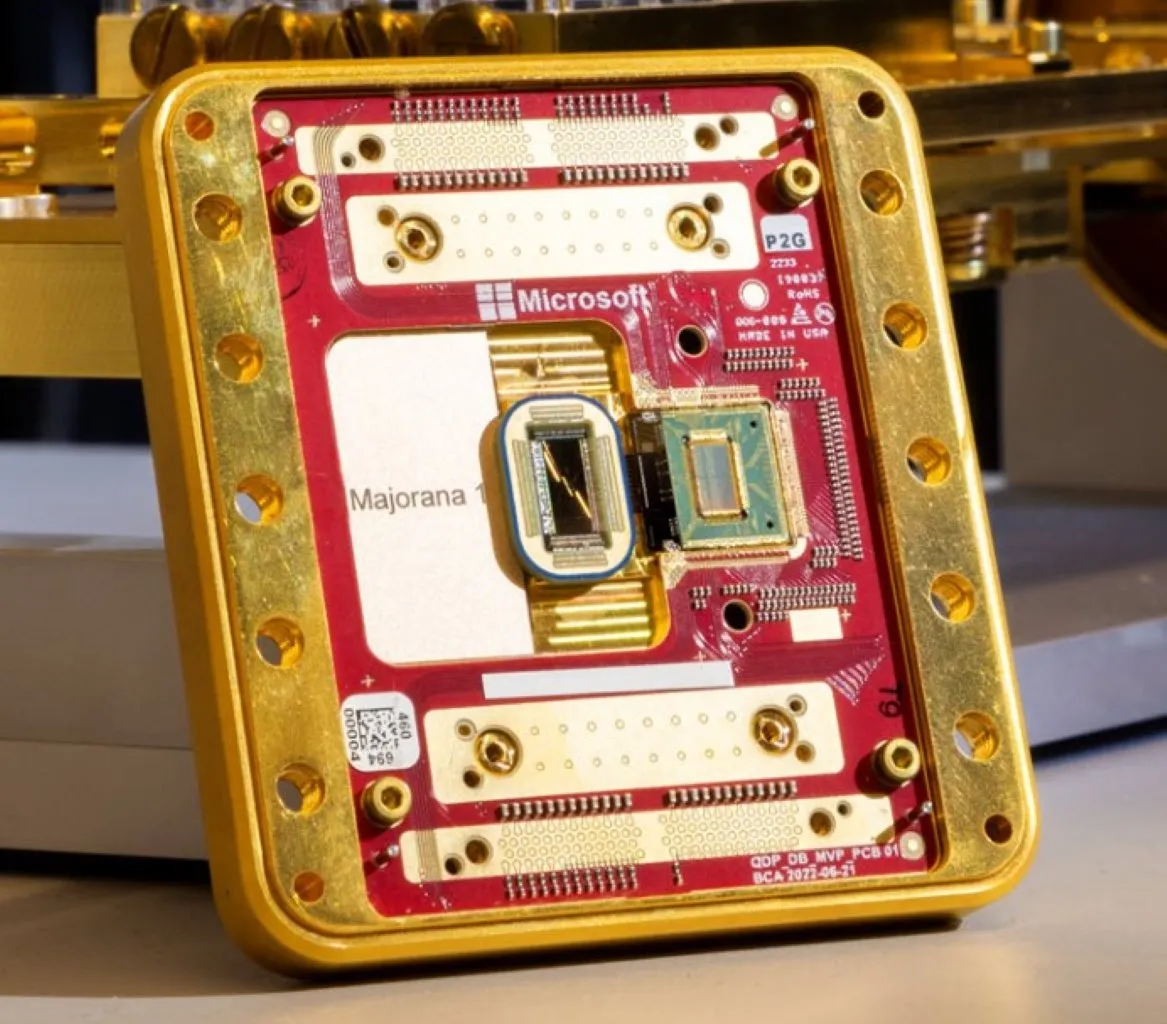




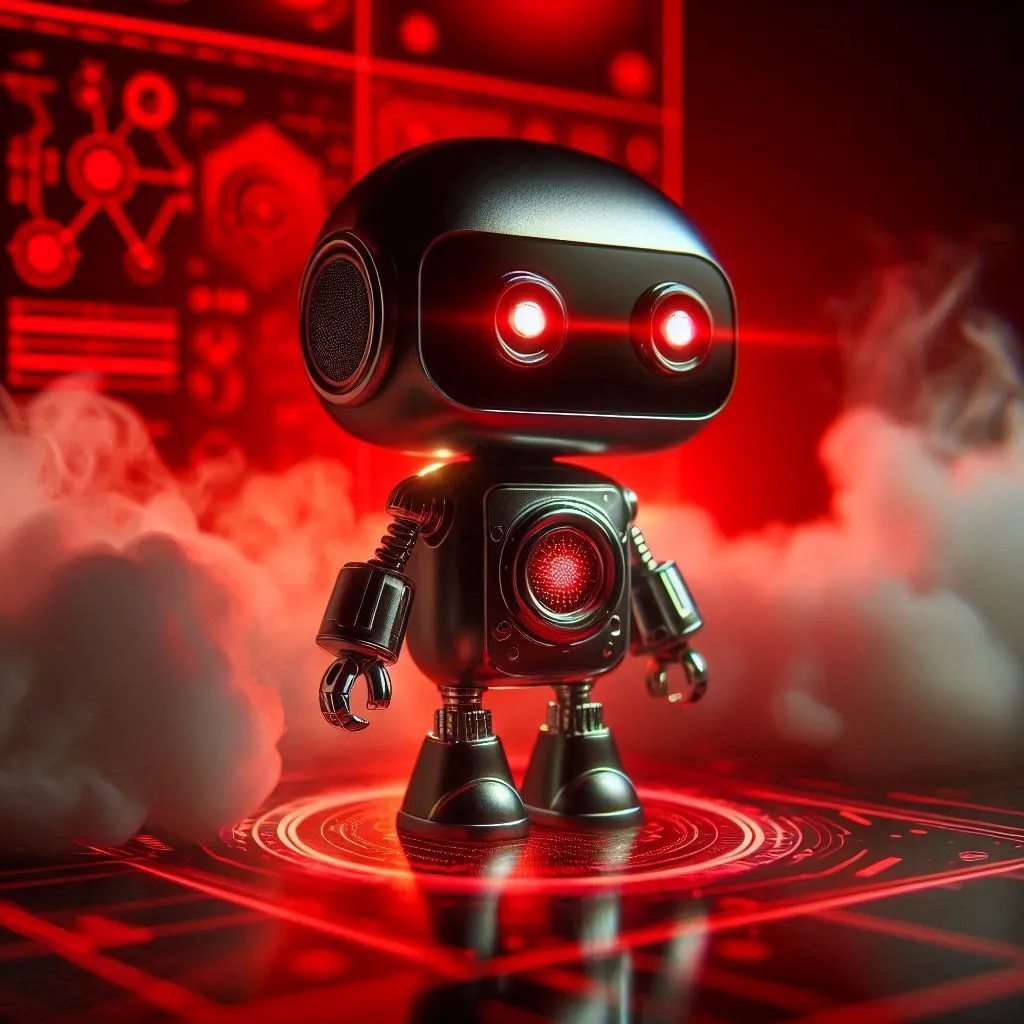












UNBIASED TECH NEWS
AI Reporting on AI - Optimized and Curated By Human Experts!
This site is an AI-driven experiment, with 97.6542% built through Artificial Intelligence. Our primary objective is to share news and information about the latest technology - artificial intelligence, robotics, quantum computing - exploring their impact on industries and society as a whole. Our approach is unique in that rather than letting AI run wild - we leverage its objectivity but then curate and optimize with HUMAN experts within the field of computer science.
Our secondary aim is to streamline the time-consuming process of seeking tech products. Instead of scanning multiple websites for product details, sifting through professional and consumer reviews, viewing YouTube commentaries, and hunting for the best prices, our AI platform simplifies this. It amalgamates and summarizes reviews from experts and everyday users, significantly reducing decision-making and purchase time. Participate in this experiment and share if our site has expedited your shopping process and aided in making informed choices. Feel free to suggest any categories or specific products for our consideration.
We care about your data privacy. See our privacy policy.
© Copyright 2025, All Rights Reserved | AI Tech Report, Inc. a Seshaat Company - Powered by OpenCT, Inc.







